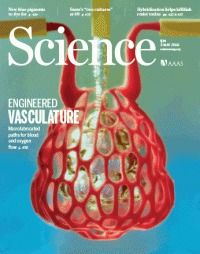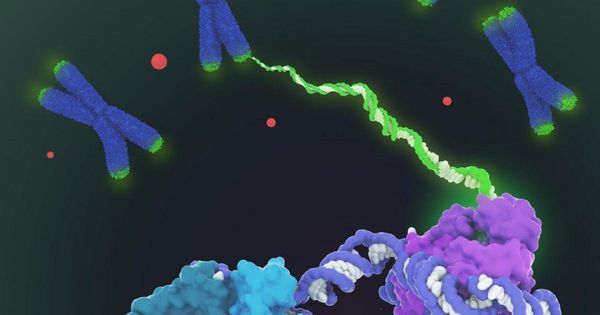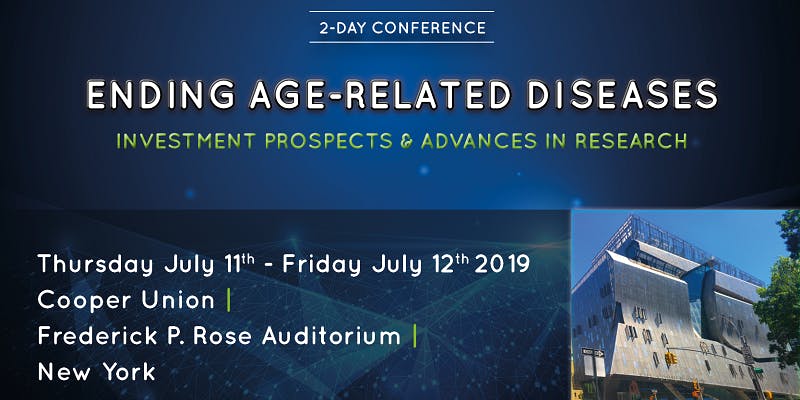Circa 1998
CELL BIOLOGY
F or cells, aging and cancer are often opposite sides of a genetic coin: With “heads,” cells will eventually stop dividing, reaching a permanently quiescent stage called senescence, as do normal human cells in lab cultures. With “tails,” the cells with genetic defects can become immortal and never stop dividing—a common characteristic of cultured cancer cells. Now, a group at Baylor College of Medicine in Houston has found a gene that may help determine which side the coin lands on.
![Figure][1]/img.









